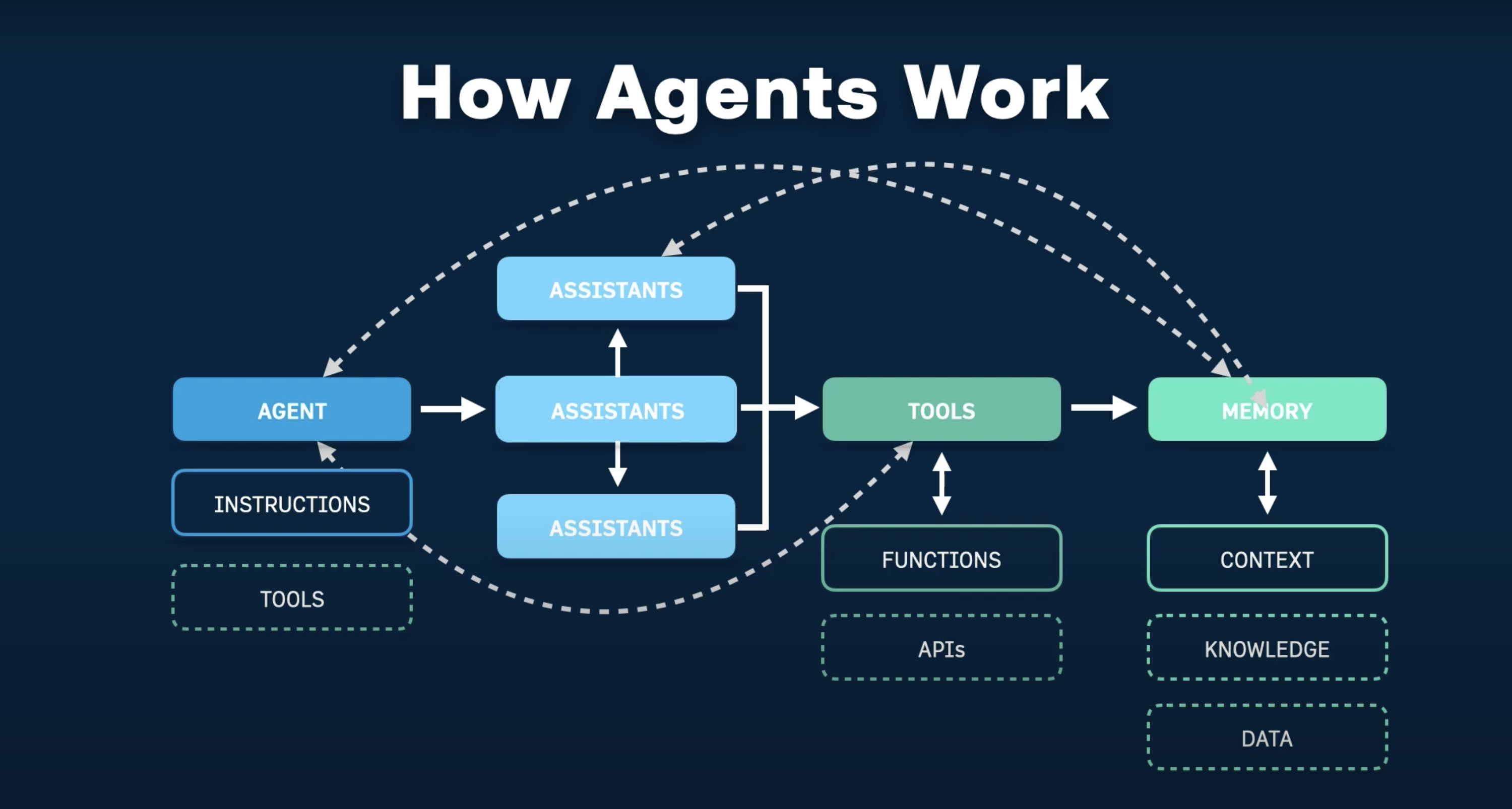What is an AI Agent?
An AI agent is a software entity that operates autonomously to perform specific tasks or solve problems on behalf of a user or another system. These agents can perceive their environment through sensors, process the information using AI algorithms, and take action to achieve predefined goals. AI agents can range from simple rule-based systems to highly sophisticated models capable of learning and adapting over time.
Core Characteristics of AI Agents
- Autonomy: AI agents can operate without direct human intervention, making decisions and taking actions based on their programming and learned experiences.
- Reactivity: They can perceive their environment and respond to changes in real time, allowing them to handle dynamic and unpredictable situations effectively.
- Proactivity: AI agents are not merely reactive; they can take the initiative to achieve their goals, anticipate needs, and plan future actions.
- Social Ability: Many AI agents can communicate and collaborate with other agents, systems, and humans to accomplish tasks, enhancing their effectiveness.
Examples of AI Agents and Their Applications
- Virtual Assistants:
- Examples: Amazon Alexa, Google Assistant, and Apple Siri.
- Applications: These AI agents help users with daily tasks such as setting reminders, answering questions, controlling smart home devices, and providing recommendations based on user preferences. They leverage natural language processing (NLP) to understand and respond to voice commands, making interactions seamless and intuitive.
- Customer Service Bots:
- Examples: Chatbots on websites like Intercom, Zendesk, and Facebook Messenger.
- Applications: AI agents in customer service can handle inquiries, resolve issues, and provide support 24/7. They can understand customer queries through NLP, offer solutions from a knowledge base, and escalate complex issues to human agents when necessary, improving response times and customer satisfaction.
- Personalized Recommendation Systems:
- Examples: Netflix, Spotify, and Amazon.
- Applications: AI agents analyze user behavior and preferences to provide personalized recommendations for movies, music, products, and more. These agents use machine learning algorithms to continuously improve their suggestions, enhancing the user experience and increasing engagement.
- Autonomous Vehicles:
- Examples: Self-driving cars from companies like Tesla, Waymo, and Uber.
- Applications: AI agents in autonomous vehicles perceive the environment using sensors and cameras, make real-time decisions, and navigate roads safely. These agents use deep learning models to recognize objects, predict movements, and plan routes, aiming to reduce human error and improve transportation efficiency.
- Financial Trading Bots:
- Examples: Trading bots on platforms like Robinhood, eToro, and MetaTrader.
- Applications: AI agents in financial trading analyze market data, identify trends, and execute trades automatically. They use advanced algorithms and historical data to make informed decisions, helping investors maximize returns and manage risks effectively.
- Healthcare Assistants:
- Examples: AI-powered diagnostic tools like IBM Watson Health, Babylon Health, and Buoy Health.
- Applications: AI agents assist healthcare professionals by analyzing patient data, providing diagnostic suggestions, and recommending treatment plans. They can also monitor patient health remotely, alerting doctors to potential issues and enabling proactive care.
Ethical Considerations
As with any AI technology, the deployment of AI agents comes with ethical considerations. Ensuring transparency, accountability, and fairness in their design and operation is crucial. Privacy concerns, data security, and the potential for bias in decision-making must be addressed to build trust and ensure responsible use.
Watch to Learn How AI Agents Work
Conclusion
AI agents represent a significant advancement in the field of artificial intelligence, bringing automation, intelligence, and efficiency to a wide range of applications. From virtual assistants and customer service bots to autonomous vehicles and healthcare assistants, AI agents are transforming industries and enhancing our daily lives. As we continue to innovate and refine these technologies, the potential for AI agents to drive positive change and solve complex problems will only grow. Stay tuned as we explore the future of AI and the incredible possibilities it holds.





